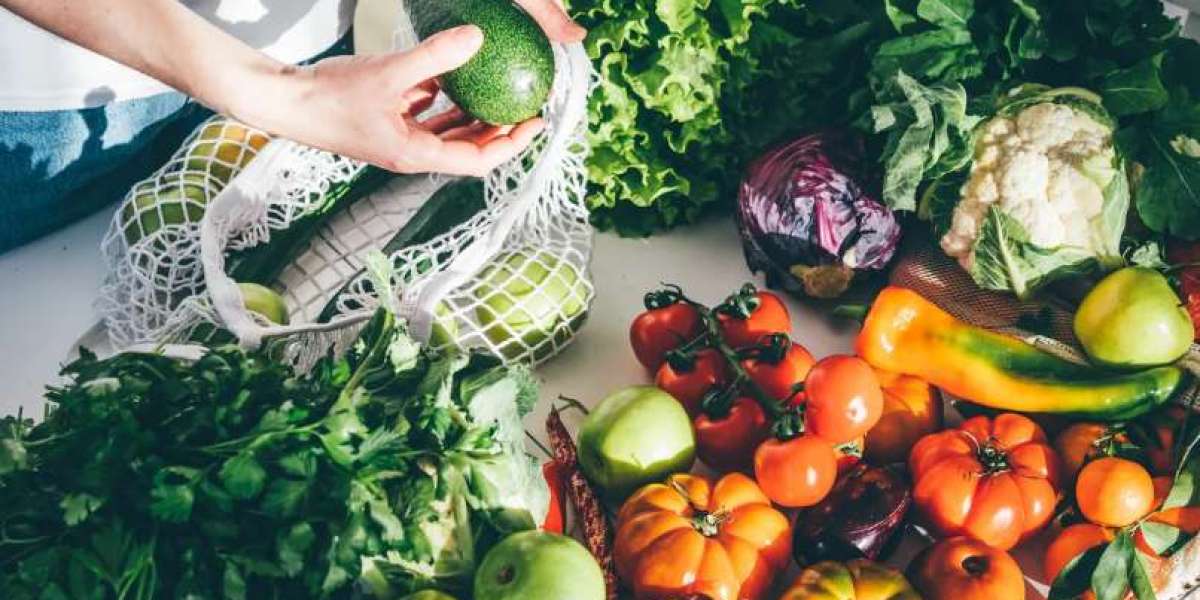Seasonal vegetables are nature's way of giving us the freshest and most nutritious produce at the perfect time of the year. As the seasons change, so do the fruits and vegetables available, providing variety and aligning with our body's natural cravings and needs. But why does eating seasonal vegetables matter, and how can it benefit both you and the environment?
What Are Seasonal Vegetables?
Seasonal vegetables are those that are naturally harvested at a particular time of year. For example:
- Spring: Peas, asparagus, spinach, and radishes.
- Summer: Tomatoes, zucchini, bell peppers, and cucumbers.
- Fall: Pumpkins, sweet potatoes, broccoli, and kale.
- Winter: Carrots, parsnips, Brussels sprouts, and cabbages.
These vegetables grow best in specific climates and times of the year, which enhances their flavor and nutrition.
Why Should You Eat Seasonal Vegetables?
Freshness and Flavor Seasonal vegetables are picked at peak ripeness, making them taste better and fresher than out-of-season produce that is often grown in artificial conditions or transported long distances.
Higher Nutritional Value Vegetables lose nutrients the longer they are stored or transported. Seasonal produce, being fresh, is packed with vitamins, minerals, and antioxidants.
Cost-Effectiveness Local and seasonal vegetables are usually more abundant, reducing their cost. Out-of-season veggies, on the other hand, can be expensive due to transportation and storage expenses.
Environmental Benefits Eating seasonally reduces the carbon footprint associated with importing and transporting out-of-season vegetables from distant places.
Support for Local Farmers Purchasing in-season vegetables often means buying locally, which supports community farmers and promotes sustainable agriculture.
How to Incorporate Seasonal Vegetables into Your Diet
- Visit Farmers' Markets: These markets are a treasure trove of fresh, seasonal produce.
- Grow Your Own Garden: Planting your favorite seasonal vegetables ensures a fresh supply and connects you with the rhythms of nature.
- Plan Your Meals Around the Season: Adjust your recipes to use vegetables currently in season, such as hearty soups in winter or fresh salads in summer.
- Preserve the Harvest: Learn to pickle, freeze, or can seasonal vegetables to enjoy them later.
A Seasonal Recipe to Try: Autumn Roasted Vegetables
Ingredients:
- Sweet potatoes, carrots, and Brussels sprouts (all in season during fall)
- Olive oil
- Salt, pepper, and your favorite herbs (like rosemary or thyme)
Instructions:
- Preheat the oven to 400°F (200°C).
- Chop the vegetables into bite-sized pieces.
- Toss them with olive oil, salt, pepper, and herbs.
- Spread them on a baking sheet in a single layer.
- Roast for 25-30 minutes, stirring occasionally, until tender and caramelized.
This simple recipe brings out the natural sweetness of seasonal veggies and makes a perfect side dish for any meal.
Final Thoughts
Embracing seasonal vegetables is not only good for your health but also for the planet and your wallet. It encourages sustainable eating habits, connects you with the local agricultural cycle, and enhances your culinary experience. Next time you shop, take a moment to explore the seasonal offerings and bring a touch of freshness to your plate. ?






